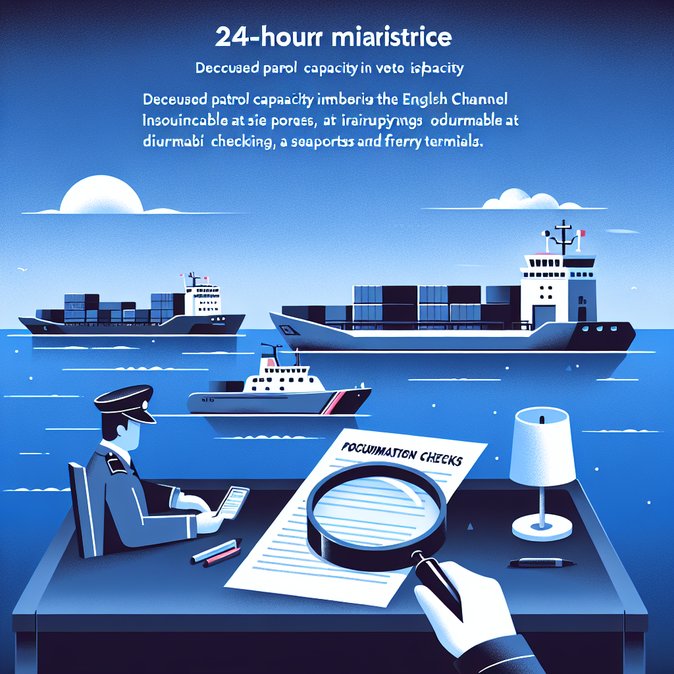
Sky News corroborated on 14 November that Home Secretary Shabana Mahmood will use a Commons statement on Monday to unveil measures aimed at cutting what officials call the UK’s ‘excessive generosity’ to irregular migrants. While many details overlap with The Guardian leak, fresh briefing to Sky highlights three additional proposals of interest to employers and mobility advisers:
1. Indefinite Leave to Remain (ILR) Reform – the qualifying period for most work and family routes would rise from five to ten years, with a new ‘community-contribution’ test covering tax payments, language proficiency and volunteer activity.
2. Visa Cap Mechanism – the Migration Advisory Committee would annually recommend sector-specific quotas, and sponsors exceeding quotas would face increased Immigration Skills Charge levies.
3. Returns Cooperation – countries that refuse to accept their nationals back could see work and study-visa issuance cut by up to 75 %, a power enabled by the Nationality and Borders Act but never previously deployed.
![Home Office to curb ‘pull factors’ and speed deportations, Sky News reports]()
The Home Office argues the package will ‘reset public confidence’ after net migration remained above 500,000 in 2024, despite Labour’s electoral pledge to reduce numbers. Business groups immediately warned that doubling the ILR qualifying period will deter skilled workers considering long-term relocation, forcing companies to pay repeat visa fees for up to a decade. Universities UK said any quota on student visas would threaten science and research funding.
Mahmood’s allies insist the package balances economic needs with public consent: critical-shortage occupations and intra-company transferees would be exempt from quotas, and sponsors meeting higher salary thresholds could still fast-track ILR at five years.
If Monday’s statement confirms these elements, HR and global-mobility teams should model cost impacts, update relocation policies and consider retention bonuses to offset extended visa timelines.
1. Indefinite Leave to Remain (ILR) Reform – the qualifying period for most work and family routes would rise from five to ten years, with a new ‘community-contribution’ test covering tax payments, language proficiency and volunteer activity.
2. Visa Cap Mechanism – the Migration Advisory Committee would annually recommend sector-specific quotas, and sponsors exceeding quotas would face increased Immigration Skills Charge levies.
3. Returns Cooperation – countries that refuse to accept their nationals back could see work and study-visa issuance cut by up to 75 %, a power enabled by the Nationality and Borders Act but never previously deployed.

The Home Office argues the package will ‘reset public confidence’ after net migration remained above 500,000 in 2024, despite Labour’s electoral pledge to reduce numbers. Business groups immediately warned that doubling the ILR qualifying period will deter skilled workers considering long-term relocation, forcing companies to pay repeat visa fees for up to a decade. Universities UK said any quota on student visas would threaten science and research funding.
Mahmood’s allies insist the package balances economic needs with public consent: critical-shortage occupations and intra-company transferees would be exempt from quotas, and sponsors meeting higher salary thresholds could still fast-track ILR at five years.
If Monday’s statement confirms these elements, HR and global-mobility teams should model cost impacts, update relocation policies and consider retention bonuses to offset extended visa timelines.


